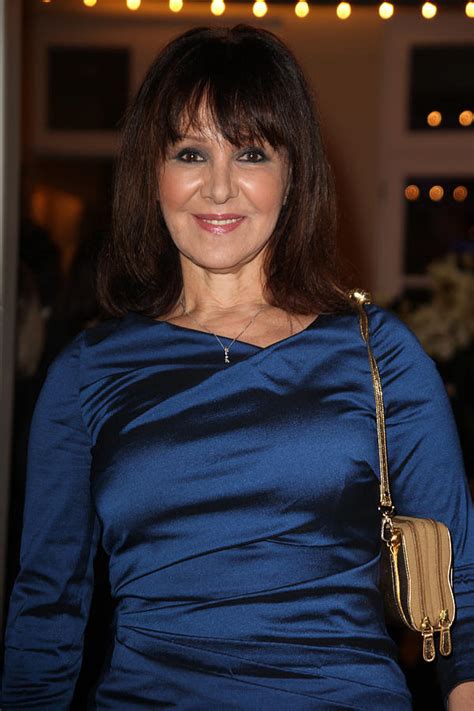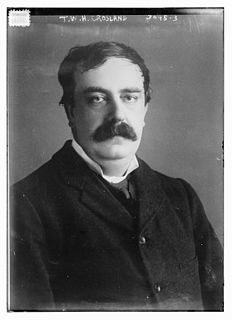A Quote by Thomas Carlyle
Silence is the element in which great things fashion themselves together; that at length they may emerge, full-formed and majestic, into the delight of life, which they are thenceforth to rule.
Related Quotes
Silence is the element in which great things fashion themselves together ... Speech is too often ... the act of quite stifling and suspending thought, so that there is none to conceal ... Speech is of Time, silence is of Eternity ... It is idle to think that, by means of words, any real communication can ever pass from one man to another.
The house of representatives ... can make no law, which will not have its full operation on themselves and their friends, as well as the great mass of society. This has always been deemed one of the strongest bonds by which human policy can connect the rulers and the people together. It creates between them that communion of interest, and sympathy of sentiments, of which few governments have furnished examples; but without which every government degenerates into tyranny.
These are the times in which a genius would wish to live. It is not in the still calm of life, or the repose of a pacific station, that great characters are formed. The habits of a vigorous mind are formed in contending with difficulties. Great necessities call out great virtues. When a mind is raised, and animated by scenes that engage the heart, then those qualities which would otherwise lay dormant, wake into life and form the character of the hero and the statesman.
When I am liberated by silence, when I am no longer involved in the measurement of life, but in the living of it, I can discover a form of prayer in which there is effectively no distraction. My whole life becomes a prayer. My whole silence is full of prayer. The world of silence in which I am immersed contributes to my prayer.
When we see the many grave-stones which have fallen in, which have been defaced by the footsteps of the congregation, which lie buried under the ruins of the churches, that have themselves crumbled together over them; we may fancy the life after death to be as a second life, into which man enters in the figure, or the picture or the inscription, and lives longer there than when he was really alive. But this figure also, this second existence, dies out too, sooner or later. Time will not allow himself to be cheated of his rights with the monuments of men or with themselves.
Naturally, men are prone to spin themselves a web of opinions out of their own brain, and to have a religion that may be called their own. They are far readier to make themselves a faith, than to receive that which God hath formed to their hands; are far readier to receive a doctrine that tends to their carnal commodity, or honor, or delight, than one that tends to self-denial.
Mirrors are part of my life and an ever-changing source of delight, displeasure or even disaster, depending on which one I am looking in. I look in a magnifying mirror when I pluck my eyebrows in the morning, full-length mirrors every day in rehearsal, and I often nervously bring out a compact to check my make-up.
Agency has become a catch word. In a way, this intoxication with ‘agency’ is the product of liberal individualism. The ability of individuals to fashion themselves, to change their live, is given ideological priority over the relation within which they themselves are actually formed, situated, and sustained.
In general it may be said that the things which we take for granted without inquiry or reflection are just the things which determine our conscious thinking and decide our conclusions. And these habitudes which lie below the level of reflection are just those which have been formed in the constant give and take of relationship with others.
When young men or women are beginning life, the most important period, it is often said, is that in which their habits are formed. That is a very important period. But the period in which the ideals of the young are formed and adopted is more important still. For the ideal with which you go forward to measure things determines the nature, so far as you are concerned, of everything you meet.
And silence. She liked the silence most of all. The silence in which the body, senses, the instincts, are more alert, more powerful, more sensitized, live a more richly perfumed and intoxication life, instead of transmuting into thoughts, words, into exquisite abstractions, mathematics of emotion in place of violent impact, the volcanic eruptions of fever, lust and delight.
To find the length of an object, we have to perform certain physical operations. The concept of length is therefore fixed when the operations by which length is measured are fixed that is, the concept of length involves as much as and nothing more than the set of operations by which length is determined.







































